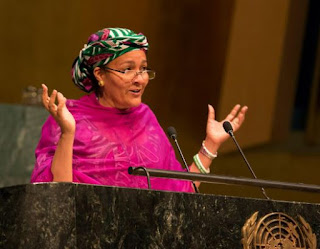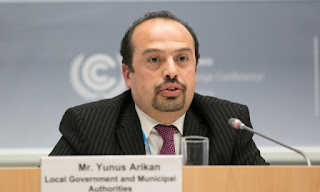Guest blog Systemic Inequalities in WaSH – It’s Me; Not You!

Opening Remarks at the Water Institute Water and Health Conference Where Science Meets Policy by Dr. Aaron Salzberg Director of the Water Institute Don and Jennifer Holzworth Distinguished Professor Gillings School of Global Public Health University of North Carolina at Chapel Hill For many of us in the global North, it’s probably pretty easy as we connect from the comfort of our homes or offices; but for some of you in the south, we know you’ve been scrambling out at odd hours to find a place with good wifi so you can watch or listen, perhaps on your phone. We appreciate the special effort that you’ve made to join us and to be part of the conference. And we want to acknowledge that we know that the way in which we are holding our discussion about systemic inequalities is itself an example of a systemic inequality. Those of you that know our conference, know that we like to use these plenaries to challenge ourselves - to review the evidence, stimulate cr...




